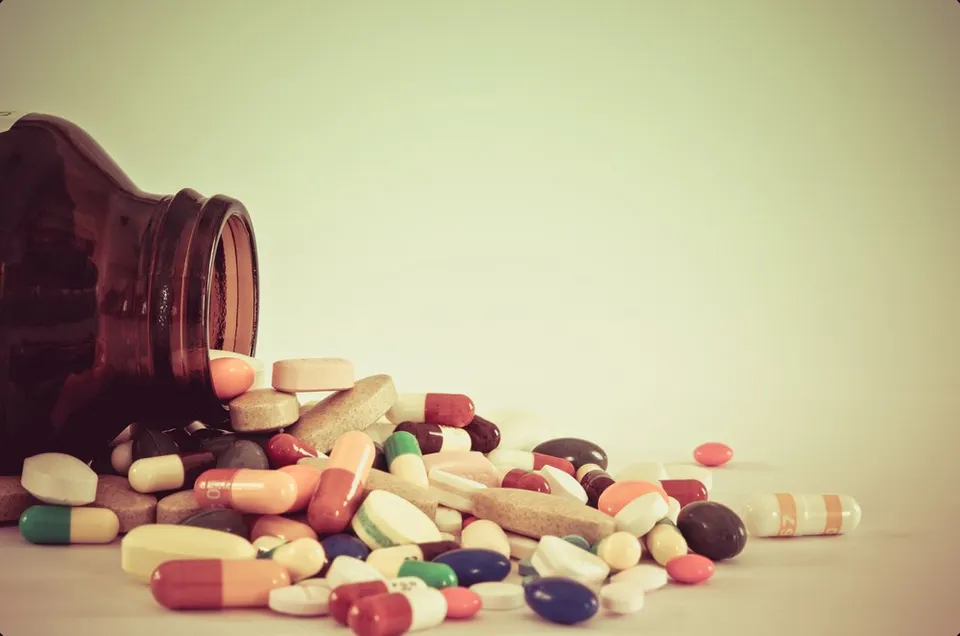Personal Injury Law: Drug Injury and Product Liability
- April 22, 2016 @ 12:41 pm
- Written by adminjbwp
- Categories: Drug Injuries | Liability | Personal Injury

Sometimes the medicine prescribed to you can make you worse. You followed the advice of your doctor and took the pills as indicated, but something just doesn’t seem right. A rational person would get back in touch with their doctor. But what if the prescription itself isn’t the problem?
Some pharmaceuticals are rushed to market. Demand is high and big pharma knows when it stands to make a buck. However, that doesn’t always translate to safety. Whether a drug is safe is the purview of the Food and Drug Administration, an overburdened government agency tasked with testing numerous foods, medications, and medical devices for consumption. With few safeguards in place and huge drug industry, unfortunately, some things get overlooked.
What Happens If The Drug You Are Taking Isn’t Safe?
Perhaps you’ve been feeling sicker or having uncommon side effects. Chances are, you’ve called your doctor. He or she may tell you to stay the course, that sometimes medication takes a while to sink in or that the side effects are normal. Unfortunately, sometimes these side effects can have severe repercussions, from heart attacks to death.
If you’ve experienced a medical emergency or injury due to your use of a prescription drug or if a loved one has died because of complications from a prescription drug, it is important to know that you do have legal recourse. Whether you need help paying for lost wages and medical bills that have accrued because of your illness or a loved one’s death, a Tampa drug injury lawyer can help you fight back to get justice.
Drug Injuries Are Part of Personal Injury Law
Drug injuries fall under the umbrella of product liability, which is one of the many aspects of personal injury law. As with product liability, there are three types of defects with a drug that can lead to potential injury.
Design Defects in Drug Injury Cases
A design defect for a drug injury case would be a drug whose ingredients are unsafe or whose method of delivery is unsafe for the general population at which it is aimed. An example would be if an antidepressant was designed to also help teens with anxiety, but in fact lead to a higher suicide rate.
Manufacturing Defects in Drug Injury Cases
In drug injury cases, a manufacturing defect is when something goes wrong while the drug is being made or bottled. This would include contamination of the drug or container or the use of subpar ingredients.
Marketing Defects in Drug Injury Cases
A market defect refers to the lack of necessary information, poor safety warnings, or improper labeling. For example, if the dosage is printed incorrectly on the bottle, it could lead to dangerous, unintentional overdoses. Also, a medication that lacks clear directions may be taken incorrectly, creating more risks for the patient.
You Have Options: Consult With a Personal Injury Lawyer
If you believe your medication has made you worse or harmed you in some way, consulting with a Tampa personal injury lawyer can help you decide whether to move forward with a case. To prove a drug injury or product liability case, it will be helpful to have copies of your medical records and prescriptions as well as the unused medication. (That’s right, don’t throw it away!)
A drug injury is a serious matter. Whether it is caused by contamination, error in manufacturing, poor warning labels, or even misrepresentation by the manufacturers, you deserve recompense and the public deserves to hear about your experiences. Not only are you helping yourself by speaking with a Tampa personal injury lawyer, you may also be helping other potential victims.
